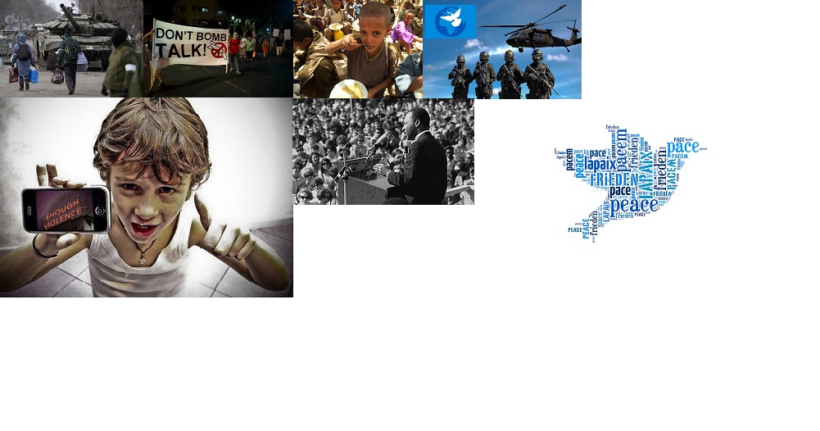Dear Mickey, like many people, I am stunned to see the level of violence exercised by Hamas militants on Israeli citizens. It is terrifying, all these acts of barbarism!
But in retaliation, the response of the Israeli state to declare a state of siege for all Palestinians in Gaza is unacceptable and illegal under international humanitarian law. The state of siege is endangering the health and food security of several hundred thousand people.
I’ve been thinking about some of the questions you raised in your last article. Furthermore, despite the tragedy that is currently unfolding, I believe that there is still hope and above all things to do to put an end to all this violence.
The first point I put forward concerns relations between the Israeli and Palestinian authorities. In fact, to get out of this vicious circle, of “violence and revenge”, both the Israeli people and the Palestinian people must understand that their destiny is linked. The violence that they experience very intensely today can never disappear if the representatives of these peoples choose, in order to govern, the use of violence in their exchange with the peoples with whom they have disputes to resolve on a historical level; for example, the question of territorial division between Israel and Palestine which has remained unresolved for more than 50 years.
In fact, it is Israeli governments and Palestinian paramilitary groups that have mutually chosen, for several decades, to maintain relations through violence, war, and aggression, and often populations have supported this course of action.
I believe it is necessary for people to understand that there are other ways of doing things. Because tragically, if things continue in this direction, it seems pretty clear to me that these two people are heading straight for more destruction and chaos. Obviously, the losses on the Palestinian side are likely to be very high given their situation.
We know that the leaders of Hamas and the majority of representatives in the Israeli government will pursue violent means in their exchanges, especially since they are supported by different states that also promote violence instead of dialogue and reconciliation.
You wonder about the security of Israelis. Personally, I believe that the Israeli people will never be safe if the State of Israel perpetuates violence in its dealings with its neighboring states, even though it has the most sophisticated surveillance system in the world. The same goes for the security of the people of Palestine and other neighboring countries who choose distrust and violence in their exchanges with Israel.
My second point concerns people who are directly or indirectly linked to Israeli and Palestinian power and who do not wish the continuation of violent means in exchanges between the two peoples. I believe it is necessary to open up means of expression for them. In the media in America, we only have access to information about official views that propose violence and war. I believe it is important to disseminate other points of view and demonstrate that there are other means than violence to resolve disputes and conflicts.
Pressenza could disseminate these views. Could we do interviews with people who propose non-violent means? I am available to help you with video interviews.
Finally, my third point concerns the dissemination of practices of active humanist non-violence which can be offered to groups and to the population in Palestine and Israel.
I have a few years of experience in this field. When I was a member of the International Humanist Network, I was called to work with different antagonistic groups in order to develop a network of trainers for active humanist nonviolence and develop nonviolent means for the resolution of local conflicts.
During these training sessions, with other humanist friends, we were able on several occasions to connect individuals belonging to groups who were not used to entering into dialogue and who were rather antagonistic. For example, police officers and students in Haiti or even soldiers and several women in Burundi who had experienced the civil war and army violence. Whereas in Canada we worked with individuals belonging to different religious groups.
These experiences allowed me to understand that even in situations where there is strong political, social, or even religious polarization, there are always individuals who wish to overcome their differences and are ready to discuss with individuals from other groups. These people are ready to learn to resist violence and eventually become leaders of Active Nonviolence. In short, these individuals recognize that their destiny is linked to the destiny of other people in other groups and that dialogue and compromise are the best ways to obtain peace and better living conditions for their loved ones and future generations.
If you would like to offer training on active humanist nonviolence in Israel, I can help you. For example, we could broadcast [training] by video conference in English.
I hope that these few points and suggestions will help you in your thinking. Despite the tragedy looming around you, I wish you an excellent day. Peace, strength, and joy!
Anne of Canada






